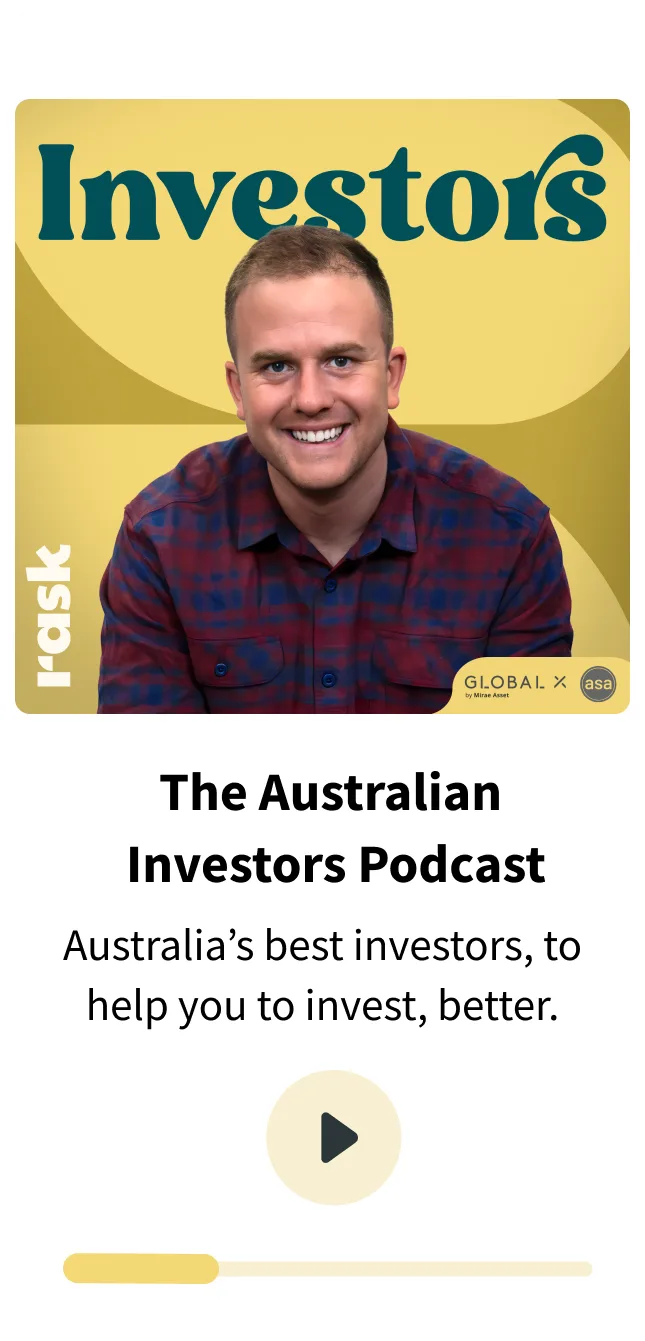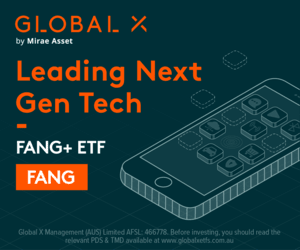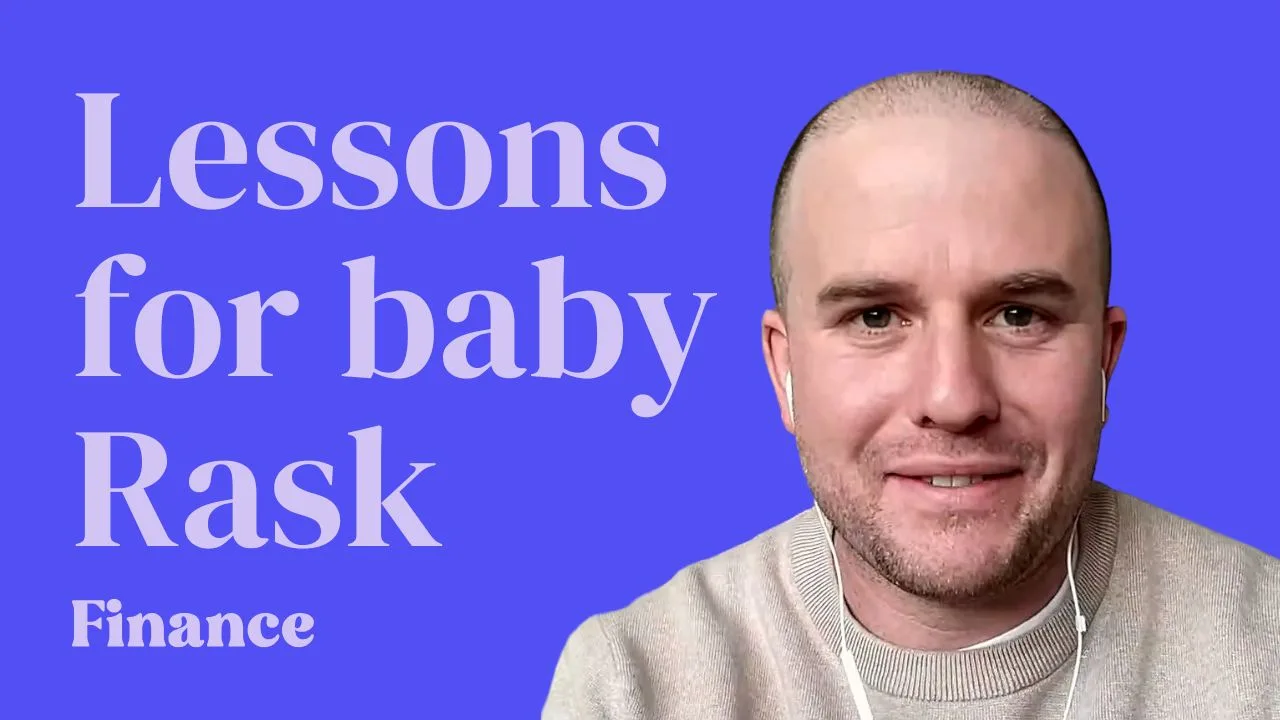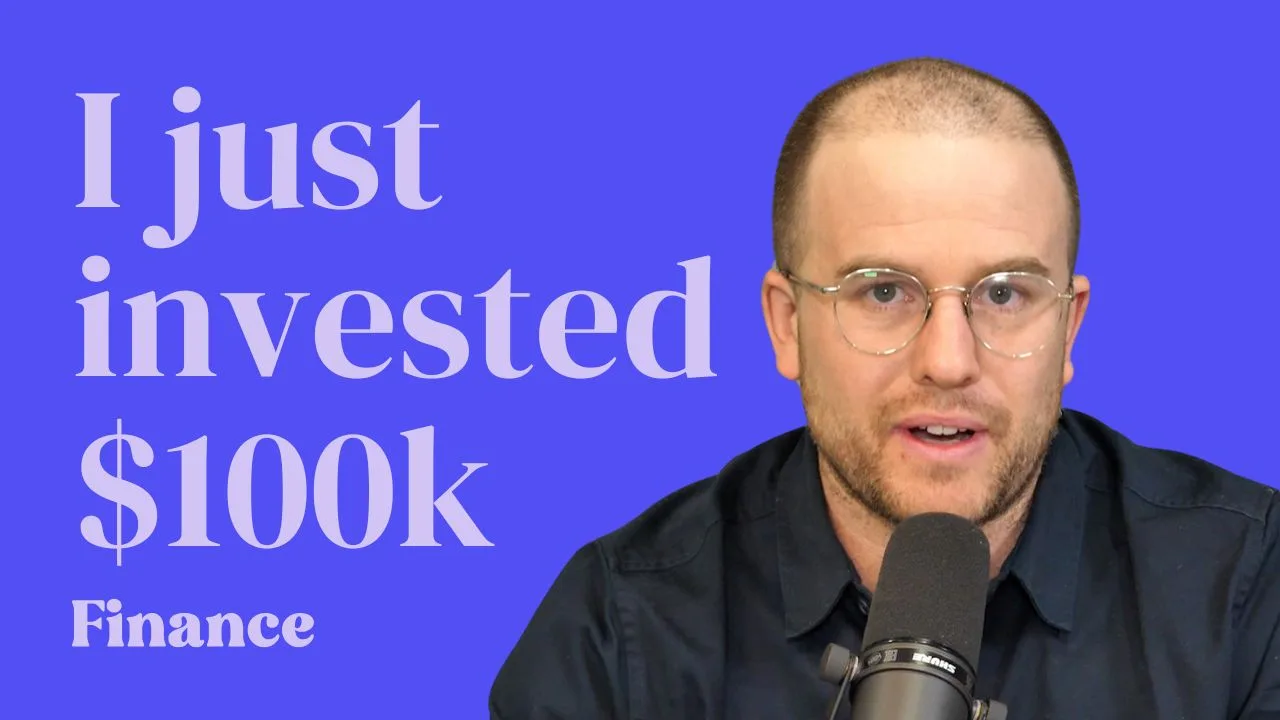On The Australian Investors Podcast today, your host Owen Rask speaks with Michael Goldberg, co-founder and portfolio manager for Collins Street Value Fund, one of Australia’s best-performing managed funds in recent years.
Owen and Michael talk about finding value in unconventional ways, the impacts of Covid and 2022 on ASX shares, thrawting behavioural biases through your investment process, and much more.
Michael Goldberg talking points
Quick response questions:
- What’s one thing you’ll teach your children that few other parents would?
- Who is the investor that you have learned the most from?
- What has been the most unlikely source for an investing idea you have come across?
Since we last spoke, the fund has performed very well. Can you give us a sense of some unconventional methods of research that led to good outcomes?
- Referring to your unconventional methods of research like culture or channel checking
How would you characterise the investing environment on the ASX in 2023, so far, compared to 2022 or since the fund’s inception?
- What I’m looking for is for you to characterise how your research outcomes may have changed. Are more or less companies making it through your filter? I think you said historically it was 5-6%? Are companies more or less favourably priced, on average?
If your aim is to invest for the long term, how do you ensure that not only the CEO is aligned but also that the CEO is capable of implementing that vision and staying with the company (i.e. not fired, or growing tired of the position) for the long haul?
- Salient point: a lot of great CEOs don’t have the shareholder support or the board to execute the right plans. How do you test this?
I know you meet with a lot of stakeholders and management. Can you talk a bit about some of the interviewing techniques you follow to extract valuable insights? ASX examples help.
- In your white paper, you referred to having two people in a meeting, one for note taking. How do you study body language, etc.?
How do you ensure that behavioural biases are neutralised in your process? Do you use particular types of checklists, meeting structure or models to improve behavioural outcomes?
- This is particularly important when your portfolio is so concentrated, right?
To illustrate your process, can you give us an overview of two companies you have invested in over the past couple of years, how you found it, what you like, what you dislike, etc.?
What’s one thing about finance or investing you believe that few others would agree with you on?






